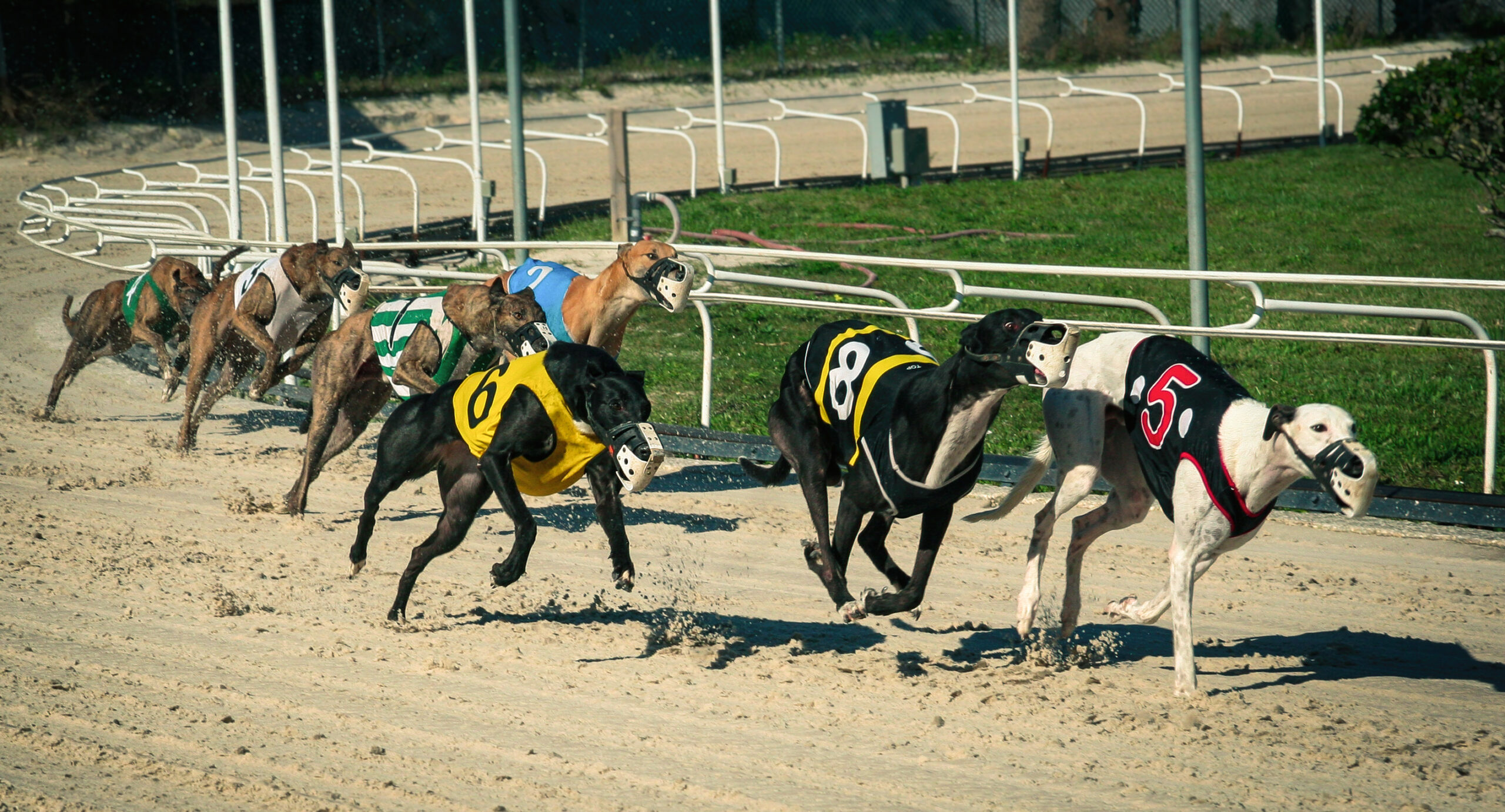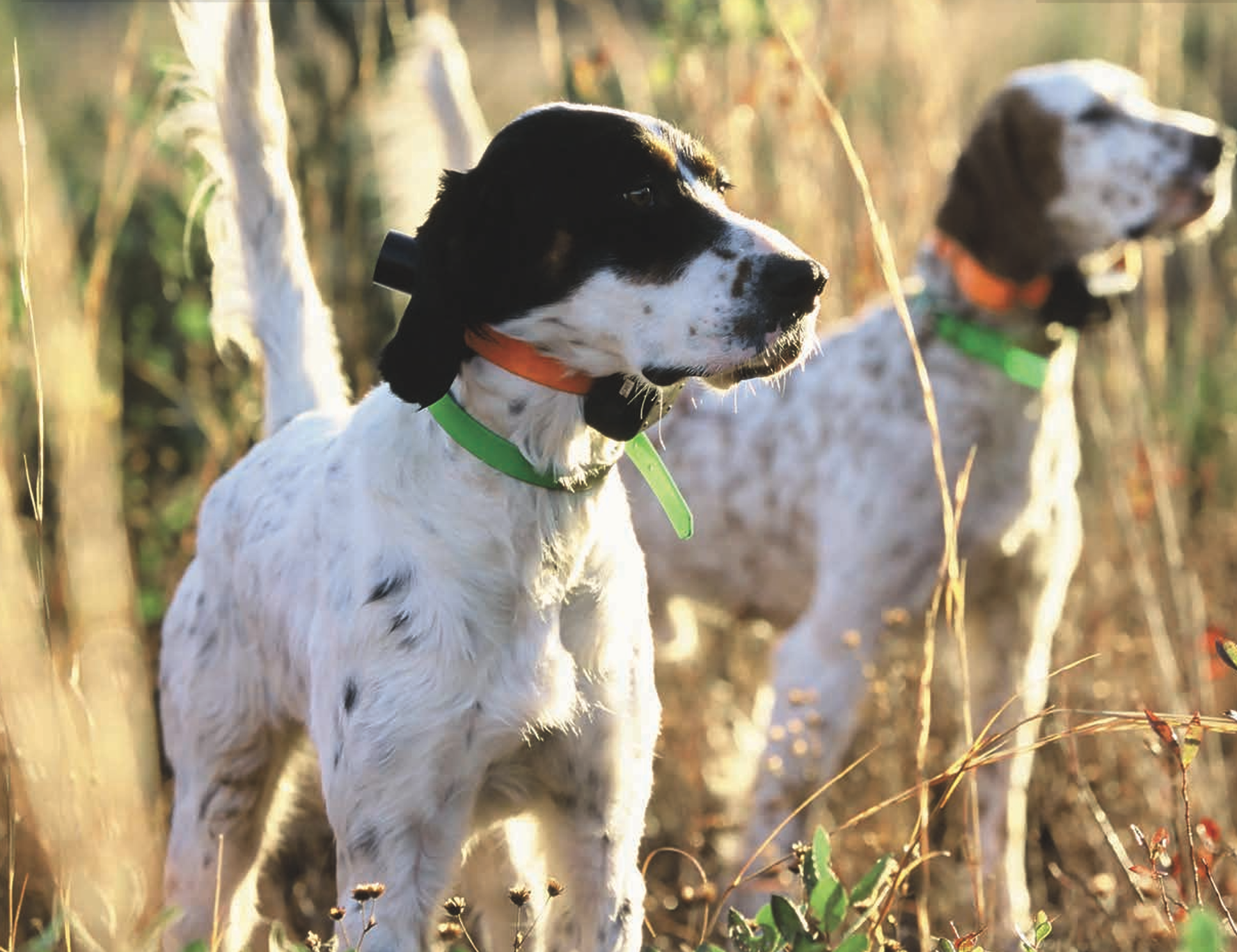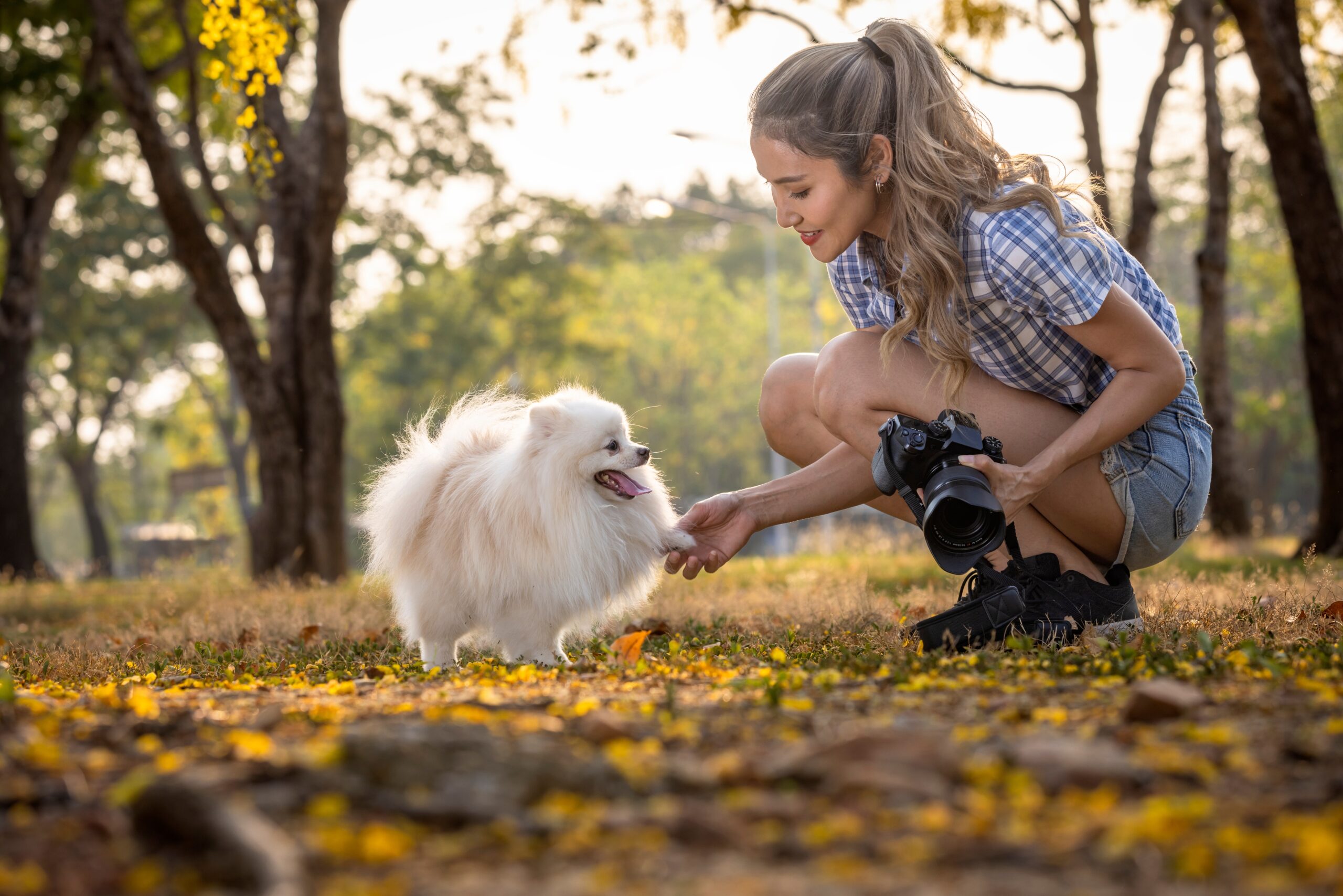
The Controversial Sport of Greyhound Racing (Free Article)
Greyhound racing is a sport where fast and elegant dogs run around a track but
Stay up to date on the every changing rules and regulations.
Written By: Bob Yarnall Jr.
CDC Extends Suspension of Dog Imports from Countries with High Levels of Reported Rabies
The Centers for Disease Control (CDC) is extending its temporary suspension of dog importation from high-risk dog rabies countries until July 31, 2024. This suspension includes dogs arriving from countries without a high risk of rabies if the dogs have been in a high-risk country in the past six months. To see the list of countries the CDC has banned from importing to the USA, go to https://www. cdc.gov/importation/bringing-an-animal-intothe-united-states/high-risk.html or call the ACA Customer Service Department at 1-800-651-8332.
Minnesota HOUSE OF REPRESENTATIVES H.F. No. 1168
Was read for the first time and referred to the Committee on Agriculture Finance and Policy . This bill, sponsored by Representatives Freiberg, Curran, and Pursell, is designed to give overwhelming regulatory authority to Minnesota’s animal activist groups in developing inspection standards for kennels and catteries.
Pennsylvania Senate Bill 746
Sponsored by Senate Ag Committee chairman Elder Vogel, was introduced and referred to the Senate Ag Committee on May 31. It was presented to the Dog Law Advisory Board at their meeting on June 1, where all comments were favorable, and there appeared to be a broad consensus of support. The bill includes numerous other provisions that enhance the Pennsylvania Bureau of Dog Law’s ability to perform its mission, including more vigorous oversight and inspections of nonprofit and rescue-type kennels. The Pennsylvania Professional Dog Breeders Association (PPDBA), the nation’s oldest professional pet breeders’ association, supports the bill.
The New York State 2019-2020 legislative session
Ended with Governor Kathy Hochul signing into law S1130/A4283, known as the “Pet Store ban bill.” This new law will go into effect on December 15, 2024. New York State breeders, brokers, transporters, and pet stores are planning to modify or completely change their puppy sale business models. The new New York law allows breeders and kennels to sell dogs to:
Out-of-state pet stores obtaining USDA B licenses can sell puppies into New York, but must either have the New York state customer pick up the puppy outside of New York or have a separate USDA transporting company delivering the puppy to the New York state customer.

US Congress
HR 1642, entitled the “Puppy Protect Act,” has been introduced into the United States House of Representatives.
Proposed provisions include: A that such dealer provide adequate housing for dogs that includes—
(i) completely solid flooring;
(ii) indoor space sufficient to allow the tallest dog in an enclosure to stand on his or her hind legs without touching the roof of the enclosure;
(iii) With respect to dogs over 8 weeks at 12 years of age, primary enclosures that, with the length of the dog measured from the tip of the nose to the base of the tail, provide at least— Legislative Update The RUFF Report Legislative Update (I) 12 square feet of indoor floor space per each dog up to 25 inches long; (II) 20 square feet of indoor floor space per each dog between 25 and 35 inches long; and (III) 30 square feet of indoor floor space per each dog 35 inches and longer;
(iv) enclosures that are not stacked or otherwise placed on top of or below another enclosure; and
(v) temperature control that is:
(I) is appropriate for the age, breed, and condition of the dogs in the enclosure; and
(II) is between 45 and 85 degrees Fahrenheit when dogs are present in the enclosure; B that appropriate and nutritious food be provided to each dog at least twice per day, in an amount sufficient to maintain the good health and physical condition of each such dog; C that each dog has continuous access to potable water that is not frozen and is free of feces, algae, and other contaminants; D that each dog has adequate exercise, including (i) For dogs over the age of 12 weeks, un17 restricted access from their primary enclosures 18 during daylight hours to an outdoor exercise area that is—
(I) at ground level;
(II) a solid surface;
(III) enclosed (by a fence or other structure);
(IV) properly controlled for the safety of the dogs; and
(V) allows the dog to extend to full stride, play, and engage in other types of mentally stimulating and social behaviors.
(ii) if the dealer obtains a certification from the attending veterinarian stating that the dog should not have unfettered access to an outdoor exercise area for a specific medical reason, an alternative exercise plan prescribed by the veterinarian for the dog that meets the requirements under section 3.8a of title 9,

Code of Federal Regulations;
E that each dog has meaningful socialization with humans and compatible dogs for at least 30 minutes each day that—
(i) includes positive interaction with a human such as petting, stroking, grooming, feeding, playing with, exercising, or other touching of the dog that is beneficial to the well-being of the dog; and
(ii) does not include time spent in veterinary care;
F that each dog receives adequate veterinary care, including—
(i) prompt treatment of any disease, illness or injury by a licensed veterinarian;
(ii) a thorough hands-on examination by a licensed veterinarian at least once each year, which shall include a dental exam;
(iii) core vaccinations recommended by the current version of the American Animal Hospital Association Canine Vaccination Guidelines; and
(iv) medications to prevent intestinal parasites, heartworm disease, fleas, and ticks that are approved by a licensed veterinarian for canine use;
G with respect to safe breeding practices for dogs, including—
(i) a screening program for known prevalent inheritable diseases that may be disabling or likely to significantly affect the lifespan or quality of life of the mother or her offspring;
(ii) prohibiting breeding, unless each dog bred has been screened by a veterinarian prior to each attempt to breed and is found to be free from health conditions that may be disabling to, or likely to significantly affect the lifespan or quality of life of, the mother or her offspring (as documented by a licensed veterinarian upon examination);
(iii) prohibiting the breeding of a female dog—
(I) to produce more than two litters in any 18-month period; or
(II) more than 6 litters in that dog’s lifetime;
(iv) that female dogs of small breeds (having a maximum weight range at maturity that is below 40 pounds) not be bred—
(I) before reaching the age of 18 months; or
(II) after reaching the age of 9 years;
(v) that female dogs of large breeds (having expected weight ranges at maturity that include 40 or more pounds) not be bred—
(I) before reaching the age of 2 years; or
(II) after reaching the age of 7 years; and
HR 1624 has additional language.
If you would like to see the full version of this legislation, go to https://www. congress.gov/bill/118th-congress/housebill/1624/text?s=1&r=7
Bob Yarnall Jr. is the founder and President of the American Canine Association, Inc. (ACA). He grew up working in his family’s business Kimbertal Kennels located in Pennsylvania. Kimbertal is one the oldest Doberman and Rottweiler kennels in North America. Kimbertal has been featured in National Geographic Magazine, Sports Illustrated, Field & Stream, Outdoor Life, and many other media outlets as one of the finest kennels in America. In the 1970s, Kimbertal Rottweiler and Doberman puppies were crucial in the development of NoePar vaccine by biologist John Black (now marketed by NeoTech Labs.)
Mr. Yarnall now testifies and defends the pet industry against harmful legislation in all 50 states and Washington, DC. He routinely goes head to head with the nation’s most avid “animal activists” to discredit their untrue and grossly exaggerated claims to educate lawmakers to accurate facts and current husbandry techniques of professional dog breeders.
Today, ACA’s Integrated Technologies (IT) Department defends and promotes professional breeders, virtually eliminating damaging results on the top 10 results of Google, Yahoo, Bing, and other major search engines worldwide.

Greyhound racing is a sport where fast and elegant dogs run around a track but

Training with stimulation has become much more accepted today than it was in prior times. There are still holdouts that say “No way am I going to shock my dog. I love him and do not want to hurt him.”
However, a much larger percentage of dog owners and trainers recognize the huge advantage of incorporating the use of a low-level stimulation e-collar into their training program, IF THE E-COLLAR IS USED CORRECTLY!

My name is Hannah, and I grew up in Dornsife Pennsylvania. I have been involved in the dog breeding industry since 2016! The breeds I raise are AKC Miniature Poodles, AKC Miniature Schnauzers, and Cockapoos. As the owner of Fetch Photography, I offer general advertising and photography services specializing in puppies to areas in Northumberland, Dauphin, and Schuylkill County PA! I list puppies on all major puppy websites, including Greenfield Puppies, Lancaster Puppies, Infinity Pups, Puppies.com, and AKC Marketplace. Listing puppies for breeders outside my area is possible if breeders can provide their own photos. In 2020 I began offering canine genetic testing and genetic counseling for breeders in all areas even if you are located outside Pennsylvania! In 2022 I married my husband Scotty, and my name changed from Hannah Schaible to Hannah Day. If you have questions about this article or my services, feel free to contact me! Hannah Day: 570-809-3335 or [email protected]